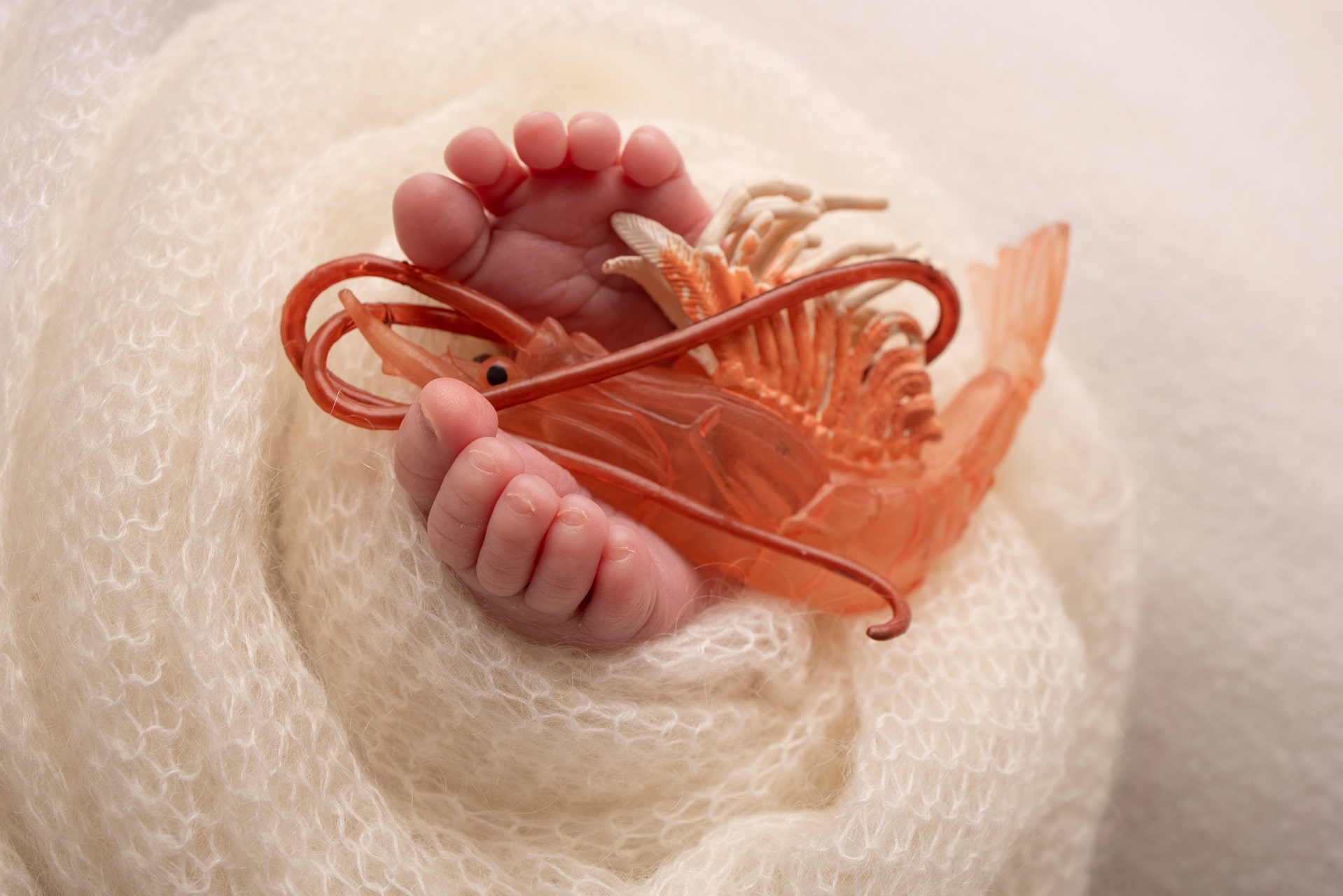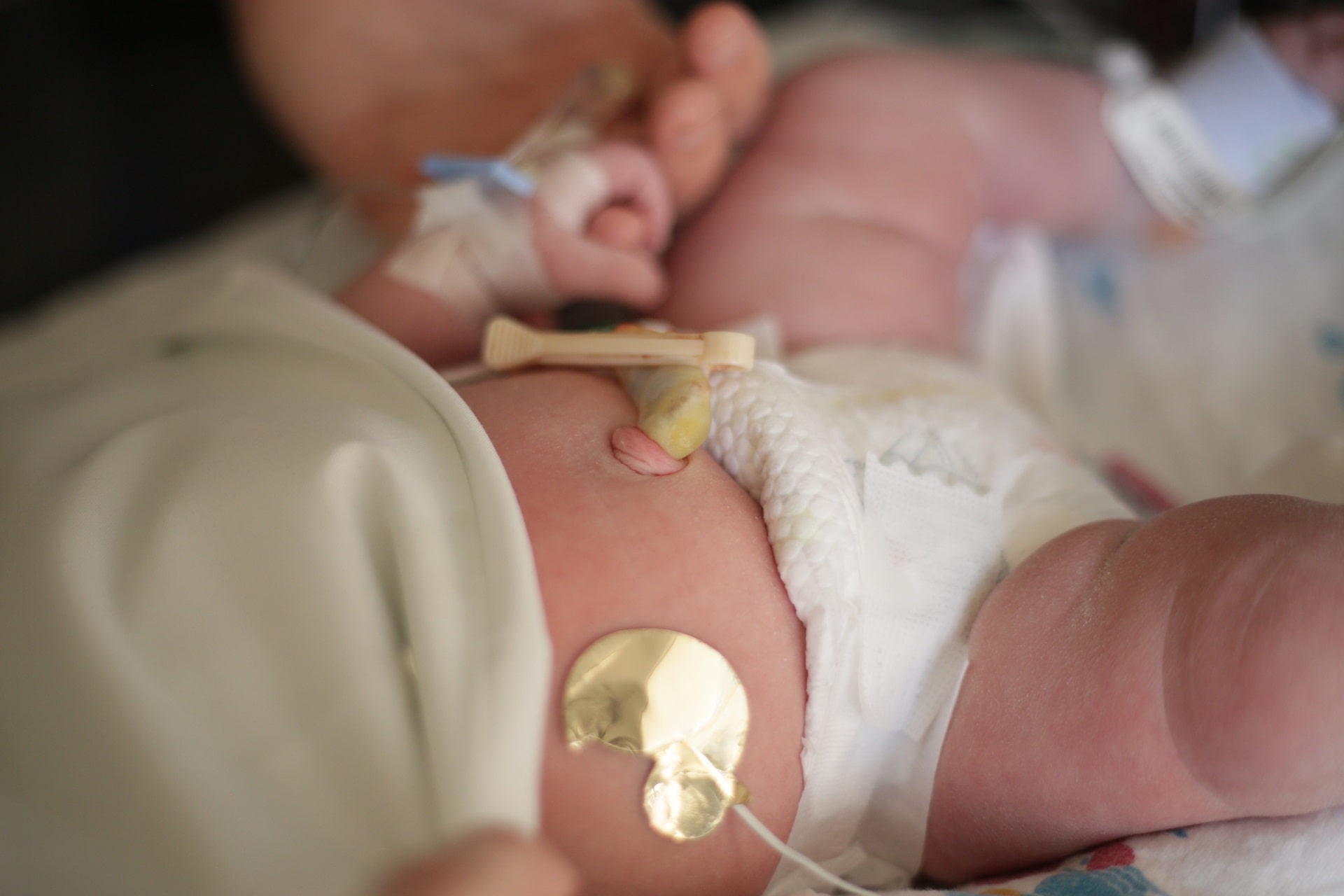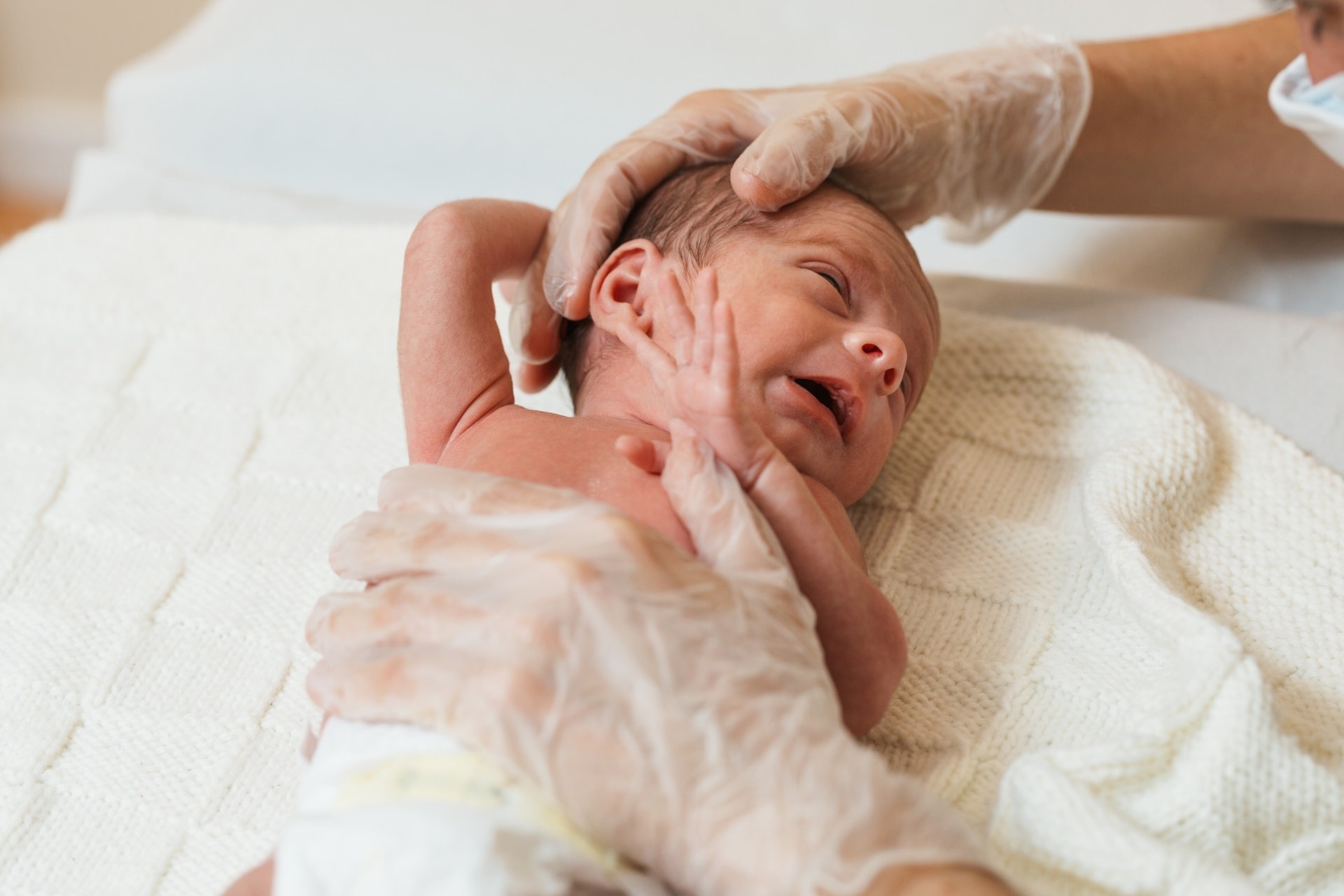A newborn baby's umbilical cord usually falls off within 2 weeks after birth. During this time, the umbilical cord should be carefully cared for.
During pregnancy, the umbilical cord carries nutrients and oxygen for your baby. After birth, the long umbilical cord is no longer needed and the umbilical cord is clamped and cut. During the cutting, a short piece is left. This is then cut off by itself without intervention.
How to care for the umbilical cord?
The piece of umbilical cord remaining in the baby will change color, dry out and fall off spontaneously in about 2-3 weeks.

It should be kept clean
In healthy babies, the umbilical cord is kept dry and not wiped with anything until it falls off. If the cord is soiled with urine or feces, it should be cleaned with soap and water and dried thoroughly. The water from the washed cord should be removed with an absorbent cloth and then left to dry. It is very important to consult a doctor immediately in case of an unexpected situation such as redness, discharge or bleeding in the navel.
Must be kept dry
The umbilical cord stays dry because it is in contact with air. Therefore, it is important to tie the diaper slightly downwards so that it does not reach the umbilical cord. In hot weather, it may be preferable to dress the baby in clothes that will leave the navel open instead of closed clothes such as overalls.
Bath sponges can be used
Bath sponges can come in handy during the healing process of the umbilical cord. After it has fallen off, you can bathe the baby in a baby bath. However, the umbilical cord should fall off by itself, and no intervention should be used to break it.

What are the signs of infection?
As the umbilical cord heals, it is normal to see a small amount of blood around the edges. When the umbilical cord falls off, there may be a very small amount of bleeding similar to the bleeding of a scab. However, you should consult your doctor in cases such as pus coming from the umbilical cord and its base, bad odor, redness and edema around the cord. If there is an umbilical cord infection, immediate intervention can stop the infection from spreading.
One of the causes of umbilical cord bleeding may be vitamin K deficiency. In these cases, physicians can prevent bleeding by providing vitamin K supplementation.










